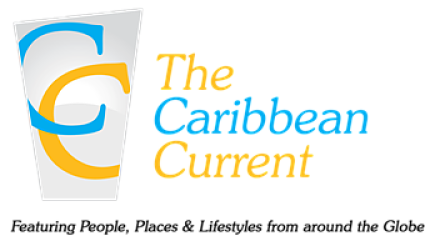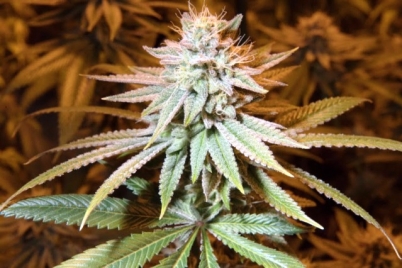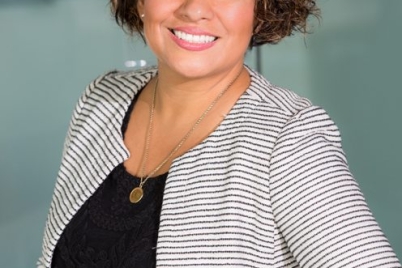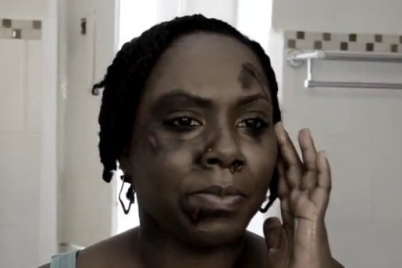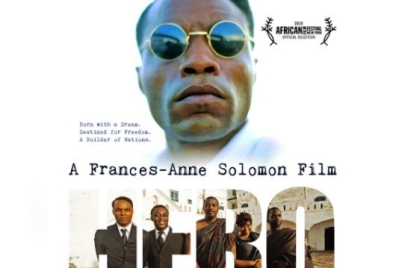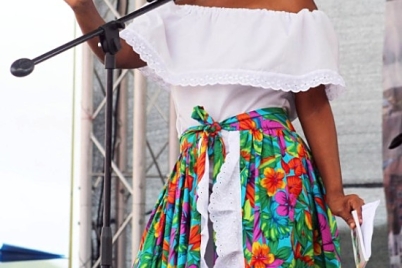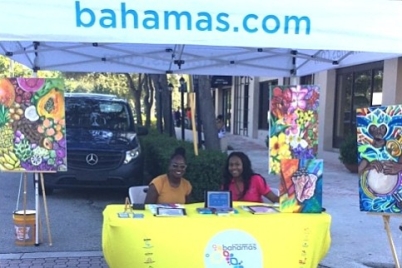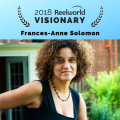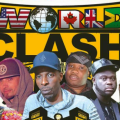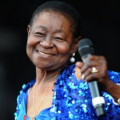An Outlook with Dr. Barry Davidson
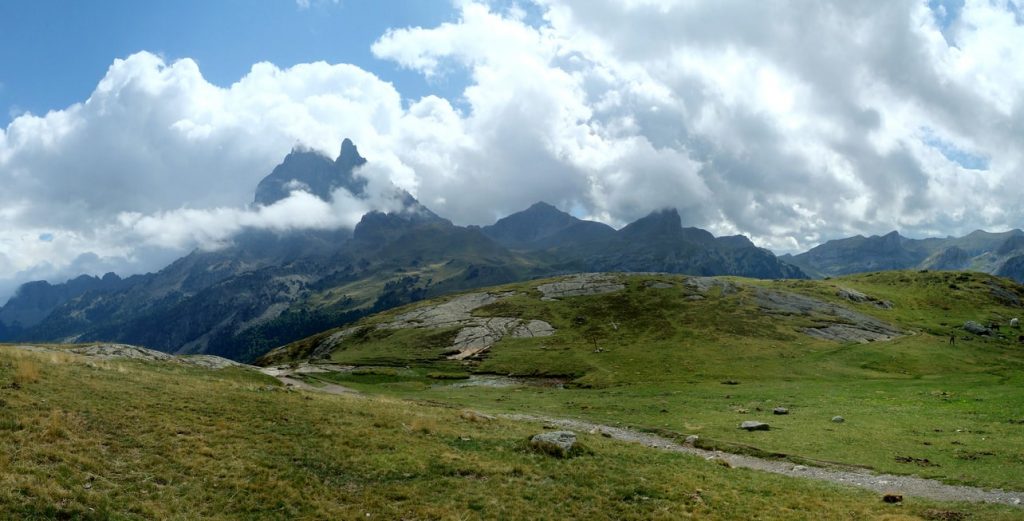
A prisoner on death row wrote a letter to his mother, it said:
“Mother… If there was more justice in the world, we [both] would be on death row. You are as guilty as I am for the life I have led. I was first a child, then I was a troubled teen eager to get into mischief and now I’m a pretty malformed man. I needed correction during my misdeeds, not approval. But I forgive you……Thank you, mother, for giving me life and also helping me lose it.”
When Jamaica gained its independence in 1962 the crime rate was one of the lowest in the world. At the dawn of 2005, the country took a turn for the worst and seized the title of being one of the highest crime-ridden countries in the world (and continues to hold a position in the top 10) with only one-third of all perpetrators brought to justice. How, could a country that was making so many positive strides since slavery and colonialism become such an island crippled by hate, crime, and violence?
Has hate resulted in the murder rate skyrocketing in the beautiful country of Jamaica?
There are many cultural influences that impact crime and violence in Jamaica. Children, especially, growing up in the inner city and underprivileged areas, are of the ideology that hate is a way to survive and it’s either kill or get killed. More times than one, some children within the inner city get into fights at school, and they are told by their parents that “if someone hits them they are to hit them back because they didn’t send them to school to get beat by anyone”. An eye for an eye makes the whole world blind. Other times, people dread the thought of turning the other cheek and allow the abuse to continue.
Due to the impulse of trying to protect oneself and the people that they hold dear, the result of violence is the most convenient and most used to solve the conflict. There are low instances in which persons, and especially children, witness peaceful resolutions of conflict as often times issues are resolved by disputes. Moreover, they are brought up to believe that perpetrators are the enemy and this results in a mindset bound by violence and alienated by hate which is the most instinctive backlash against someone who has caused us harm.
“Hate can be fatal when we let it grow to enormous size inside of us (for example, murder-suicide). Hate overtakes a person and that person becomes obsessed with how to punish the enemy. Reprisal killings are a result of hate.” – Dr. Barry Davidson, Marriage and Family Therapist, and Chief Executive Officer of Family Life Ministries, Jamaica.
In Jamaica, about three in five children had a family member affected by violence, and fewer than one in three children felt safe in their own neighborhoods in 2008, according to UNICEF. A recent study across twenty-nine urban schools in Kingston found that community and school violence was the single greatest factor in low achievement for students.
Truth be told, this energy invested in hate, aggression, and violence robs us of the energy to mean another person well, even one’s enemies. Hate is a distortion of what one could potentially see in an individual and it closes them from being vulnerable and forgiving of that person.
“We sometimes hate people because they are different from us; there is also a lot of hate in families and as a result, there is a high rate of domestic violence. We hate people we blame and those who are seen as obstacles to our successes in life.” – Dr. Barry Davidson, Marriage and Family Therapist, and Chief Executive Officer of Family Life Ministries, Jamaica.
Forgiveness
Once we muster the courage and ability to forgive an individual, it gives new insight into a new beginning and a fresh start in which the person can vision a deeper truth and detach from hate. The pain caused in the past will thus have no connection to the feelings you have in the present and future about that person.
“When we are able to forgive someone, spiritual surgery is performed in your souled and you see the person from the spiritual eyes that can heal your soul.”- Dr. Barry Davidson, Marriage and Family Therapist, and Chief Executive Officer of Family Life Ministries, Jamaica.
Are there any consequences of you forgiving someone?
Yes, there are issues which arise as a result of not forgiving where:
- Stress and upsetting emotions can affect the immune system which makes one susceptible to diseases.
- Nervousness, hostility, anger, and sometimes depression can also be a result.
- Forgetting or excusing wrongdoing or situation, accepting someone, tolerating and smothering conflict are all not forgiving or what forgiveness entails. Forgive precisely because you have not forgotten what someone did.
- Forgiving is not equal to trust.
Stages of the Forgiveness Process
William Menninger outlines five stages to move through in the process of forgiveness:
- Stage One: Claiming the hurt
Accept the injury of hurt and make efforts to reach out to the person and explain why you felt the way you did and why it’s hard to forgive them for what they did or the situation. In this stage, one is able to claim the hurt and identify it as something they would want to forgive and move past.
- Stage Two: Guilt
We often search for an explanation for why what happened to us happened. If we accept the easier route which is self-blame, where we transfer the blame to ourselves and then accept that there is no need to forgive. To counteract this, we have to actively affirm ourselves and accept that it was not your fault so we can take action.
- Stage Three: Victimizing
Apart from the previous stage of guilt, it is seemingly human nature to move to the next stage which is victimizing yourself, where you feel sorry for yourself. Often times, this stage brings about a lack of energy, low feelings, and depression. It is suggested that you make efforts to ‘get out of yourself’ and do something for someone else, volunteer, give back, or just try to occupy your time and be productive.
- Stage Four: Anger
Anger is seen as healthy even though it has negative connotations. You feel outraged at what happened and you want to get on with your life. We refuse to be victimized in this stage. It is better to express anger in a healthy way rather than suppress it. Help others and lend strategies to deal with perpetrators and their journey.
- Stage Five: Wholeness
The last stage, known as wholeness, is where forgiveness is said to occur. Although regression could take place to the prior stages if one is unable to move past each stage successfully, once the final stage is reached, one is capable of forgiving others easier after they have processed through all stages.
In conclusion, while the perpetrator might retaliate, become self-destructive, or respond with remorse, the latter is a most favorable retort to having been forgiven. It also aids in moving in the right direction for improving a relationship and dealing with the situation in a respectful manner with no ill-will against the parties involved. All in all, forgiveness is the best way to cope and deal with the hurt caused by violence in Jamaica and would be the first step for persons to be open about their feelings and resolve any conflict which may arise.
By Alexandra Daley
